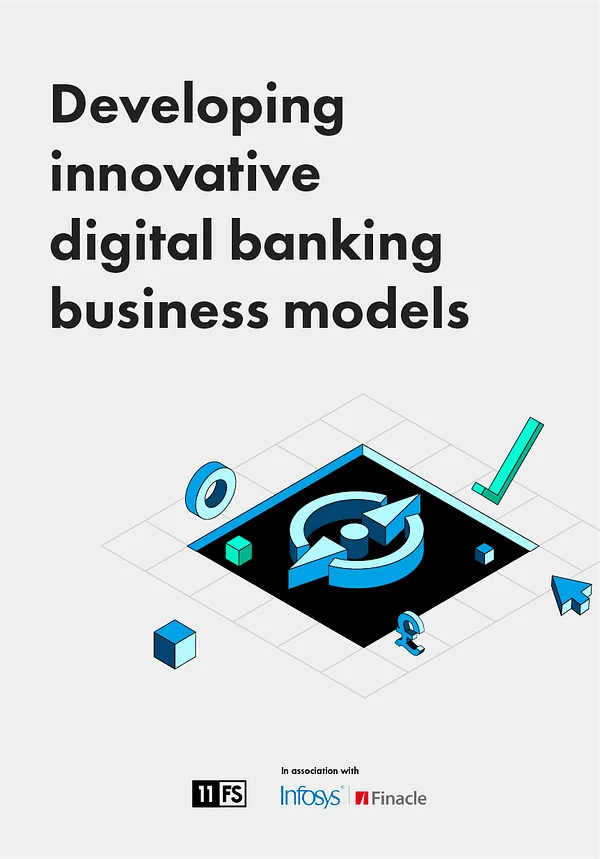You can catch the full Fintech Insider take on the news today at 4pm on the podcast here.
It’s been a week so that means we’re back to doing a deep dive on a slightly different story from the news show. I think this one’s a little more exciting than the bigger stories if truth be told. For analysis straight from industry experts subscribe to our podcast
Fintech Insider CEO David M. Brear and Sarah Kocianski sit down with Monty Munford and CEO of Onfido Husayn Kassai to discuss all things fintech news, and this week we’re giving you a closer look at the FCA’s regulatory sandbox.
The FCA have released the names of the 29 businesses that have been accepted into the 4th cohort for the regulatory sandbox. But what does this mean for fintech?
A Risk That Paid Off
The FCA took a gamble with the regulatory sandbox. It could easily have gone wrong in multiple ways. But thanks to close relationships between the FCA and the businesses concerned they’ve managed to encourage innovation across the industry that’s now globally envied.
It’s been a real success story for the FCA - David M. Brear
Sandboxes have become a potential global export for the financial industry, and the FCA in particular. Without the sandbox it’s difficult to imagine what companies like Onfido, Bud, or Laka would look like today. Now that the FCA has proven the concept works they can market it to different regulatory environments across the world and teach them how to work with businesses effectively to ensure it works for everyone. It’s already trialling in the USA and will hopefully be moving to other markets soon.
Sandbox For Everyone
Unlike accelerators or innovation hubs, the sandbox is open to applicants from across the financial services spectrum. The 29-strong list is made up of new challengers and incumbent institutions. All of which are keen to test out and explore their new products. The problem with innovation is that it can often skirt
You can prevent malpractice by preventing all innovation - Husayn Kassai
The sandbox gives companies space to innovate without worrying about committing accidental malpractice errors that would see them go under. Regulation is great for protecting customers and competition. But it’s not always the most effective incentive for innovation.
The FCA is using what it learnt [from the sandboxes] to write regulation - Sarah Kocianski
60 businesses have been through the sandbox and soon that number will go up to 89. Sandboxes haven’t just been for the benefit of businesses, the FCA has discovered how to properly regulate for innovation in a way that actively encourages it without stifling innovation completely. It’s uncertain when the FCA will export the sandbox to the rest of the world, but it’s definitely on their agenda. With a trial currently underway in the USA, it’ll be interesting to see if such a global sandbox will fit their goal of creating frictionless cross-border business. But with platforms such as the fintech bridges, it’s likely only a matter of time. Sandboxes are being used to create safe spaces for companies to play with new ideas without fear of reprisal. Now they're also slowly being used to create workable regulation across the financial sector so all companies can innovate safely. The FCA is working hard to export the sandbox across many regulatory environments so someday soon the cohorts may be significantly larger and innovating on a greater scale than ever before. Don’t forget to subscribe to the Fintech Insider podcast here and comment below with any insights you’ve got to share; join the Fintech Insider News community here.





.svg)
.svg)





